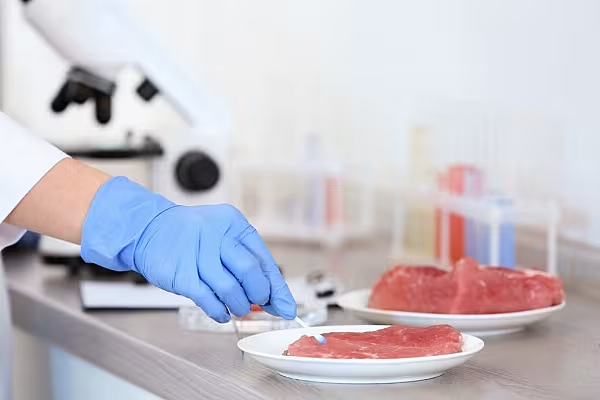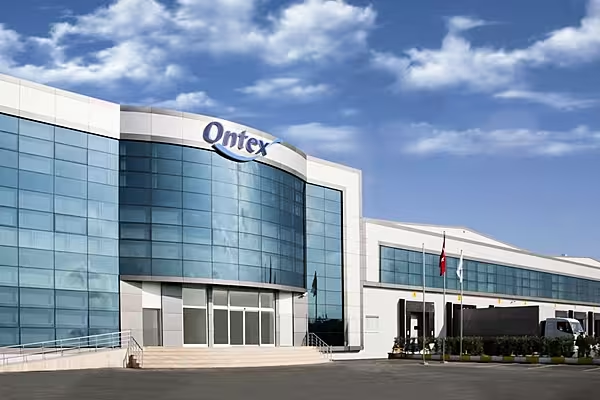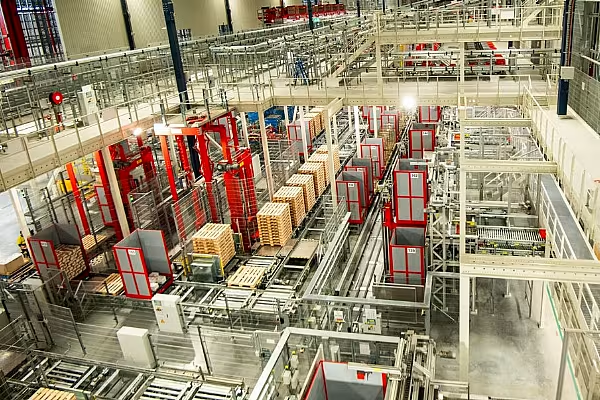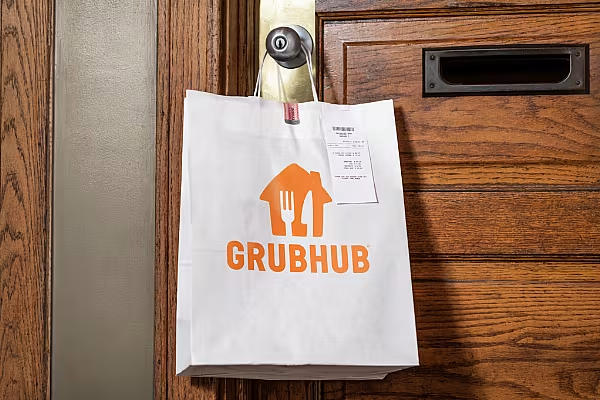The growth of artificial intelligence should not be viewed as a ‘magic bullet’ solution to ensuring food safety, global assurance partner LRQA has warned.
According to LRQA, while AI presents opportunities to improve efficiency within global food supply chains, firms still need to develop a ‘culture in which food safety is emphasised at every part of the supply chain’, before leveraging the potential of new and emerging technologies.
‘Potential to Revolutionise’
“Technological advances have the potential to revolutionise the way we approach food safety,” commented Jan Kranghand, global head of food centre of excellence at LRQA. “AI systems could enable large amounts of data to be analysed to identify patterns and generate insights, while blockchain, which is an unchangeable digital record of transactions, promotes transparency by monitoring the movement of food products through the supply chain.
“However, it’s important we put the foundations in place before we put all our faith in technology. Food is better than ever, but this cannot be taken for granted. The food industry must prioritise transparency, ensure it is collecting the right data, and focus on creating a food safety culture.”
Continuous Evaluation
It is essential for businesses to continue to evaluate processes and ask if current approaches are fit for purpose, LRQA noted. In addition, firms need to learn what best-in-class food safety is and encourage business leaders to drive change from the top.
A Global Food Safety Initiative (GFSI) position paper, A Culture of Food Safety, clearly stipulates the importance of all employees having a basic overview of hazards, so they recognise the responsibility that comes with working in an industry that delivers consumable goods – a position echoed by LRQA.
“For an effective food safety culture, implementation requires employee engagement,” Kranghand added. “It’s about clearly explaining not just what staff need to do, but why these protocols matter and what the consequences of falling short are. Doing this helps gives teams ownership of food safety and ensures they feel more accountable for their actions.”
While technology will play a role, a cultural framework is essential, the group notes. From a traceability standpoint, a blend of technologies can offer end-to-end traceability, allowing consumers to verify the origin and quality of their food.
Read More: Supply Shortages Could Increase Risk of Food Fraud, Says LRQA














